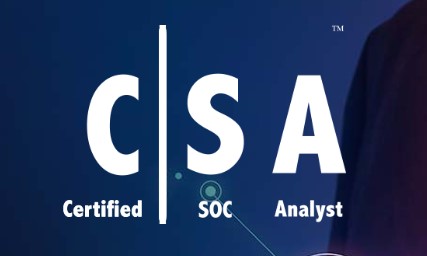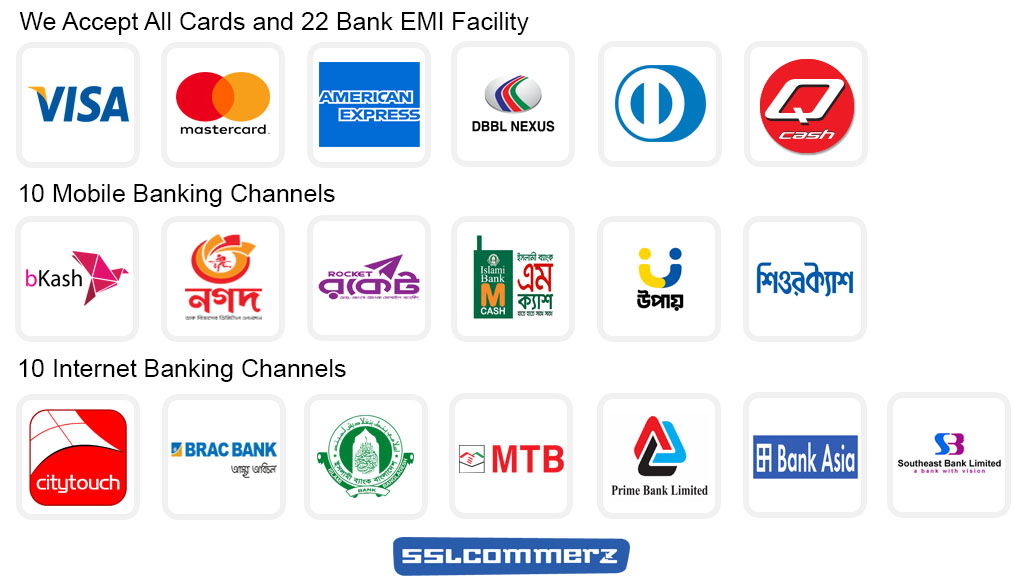Certified SOC Analyst (CSA)

EC-Council Certified Security Analyst Training Program will help you to master over trending and in-demand technical skills like
- Knowledge of SOC processes, procedures of these processes, technologies, and workflows.
- basic understanding and detailed knowledge of security threats, attacks, vulnerabilities, attacker’s behaviours, cyber kill chain, etc.
- The basics of SOC operations,
- log management and correlation,
- SIEM deployment,
- advanced incident detection, and incident response
Course Objectives
SOC Analyst Certification acts as a launchpad for developing a security professional. It is very much in demand at present in the industry. This certification will not only enhance your knowledge but will also –
- Help you to demonstrate your skills and working experience for SOC Analyst job role.
- Let you secure a job in the other network security related job roles which are now one of the top paying jobs of the year.
- Make you updated with latest skillset necessary for L1/L2 SOC Analyst.
- Bring you in demanded by the employers.
Target Audience
Certified Security Analyst Certification is best suitable for:
- L1/L2 SOC Analysts.
- Network and Security Administrators, Network and Security Engineers, Network Defense Analyst, Network Defense Technicians, Network Security Specialist, Network Security Operator, and any security professional handling network security operations.
- Cybersecurity Analyst.
- Entry-level cybersecurity professionals.
- Anyone who wants to become a SOC Analyst.
Course Pre-Requisites :
To apply for SOC Analyst Certification one year of work experience in the Network Admin/Security domain is compulsory. If the candidate attends official training this, experience isn’t required.
Course Summary
Course Fee
৳ 15,000
Training Method
Offline/Online
Total Modules
6
Course Duration
24 Hours
Total Session
12
Class Duration
2 Hours

Details Course Outlines
Module-01
Security Operations and Management
Module-02
Understanding Cyber Threats, IoC’s and Attack Methodologies
- Lab 1: Web Application Attack
- Lab 2: DNS Attack
- Lab 3: Network Attack
- Lab 4: SQL Injection Attack
- Lab 5: Brute forcing Attack
- Lab 6: XSS Attack
- Lab 7: DoS & DDoS Attack
Module-02
Understanding Cyber Threats, IoC’s and Attack Methodologies
- Lab 8: Exploitation to Server
- Lab 9: Exploitation to Application Server
Module-03
Incidents, Events and Logging
- Lab 10: Windows Log Analysis
- Lab 11: Linux Log Analysis
- Lab 12: Windows Firewall Log Analysis
Module-03
Incidents, Events and Logging
- Lab 13: Linux Firewall Log Analysis
- Lab 14: Router Log Analysis
- Lab 15: IIS Log Analysis
- Lab 16: Apache Log Analysis
Module-04
SIEM
- Lab 17: Setup the WAZUH
Module-04
SIEM
- Lab 18: Setup the Suricata and/or Zabbix
Module-05
Enhanced Incident Detection with Threat Intelligence
- Lab 19: Malware Threat Analysis
Module-05
Enhanced Incident Detection with Threat Intelligence
- Lab 20: SIEM Logs and Dashboard Monitoring
Module-06
Incident Response
- NIST Risk Management Framework
Module-06
Incident Response
- NIST Risk Management Framework
